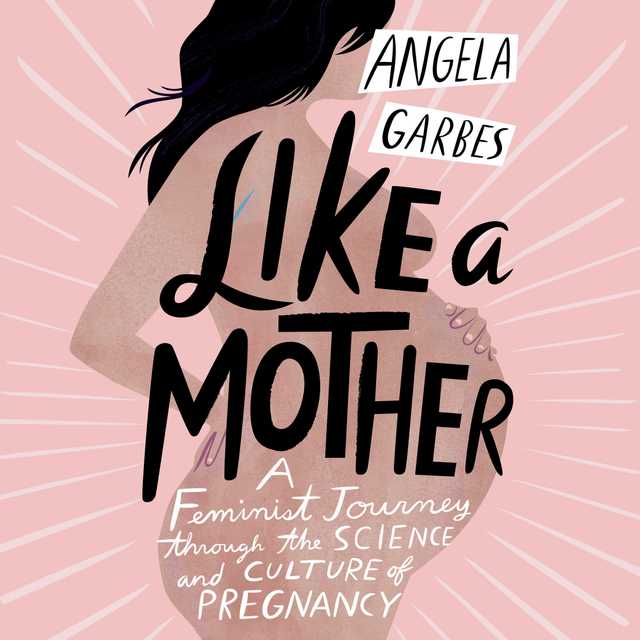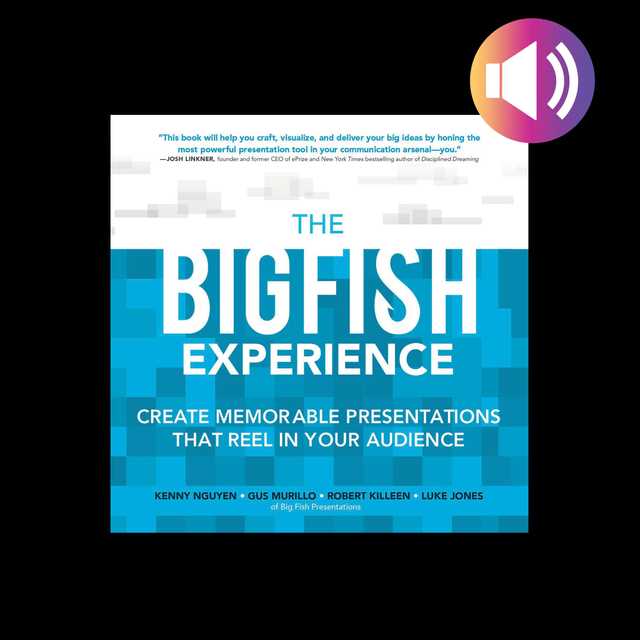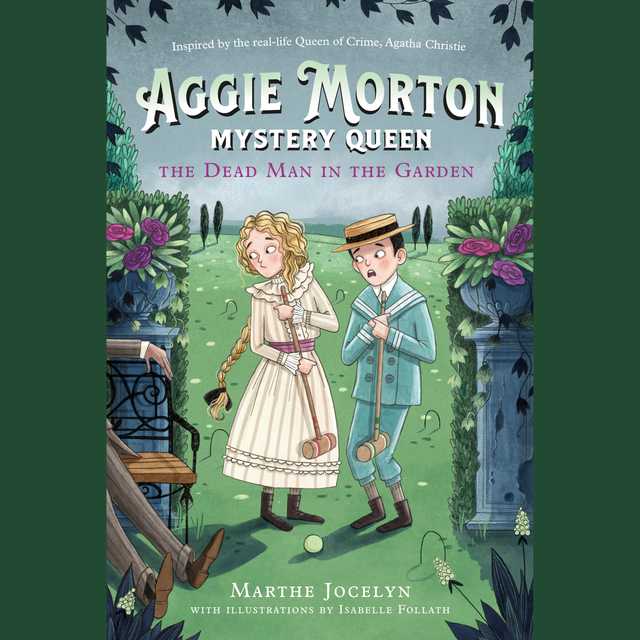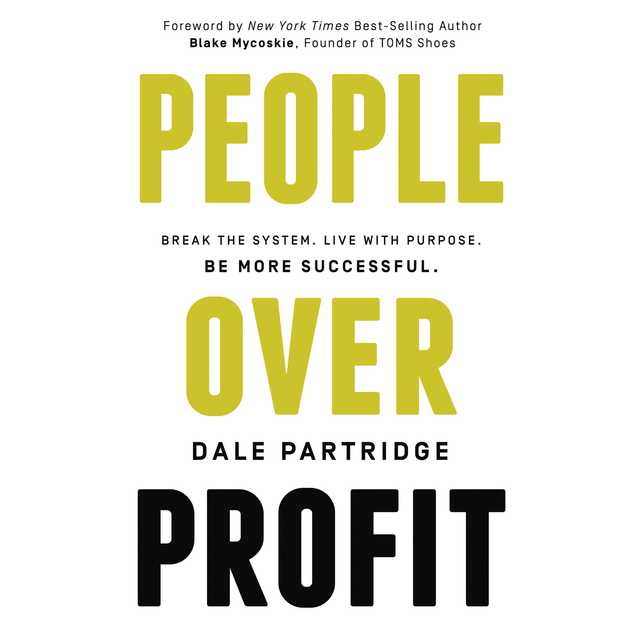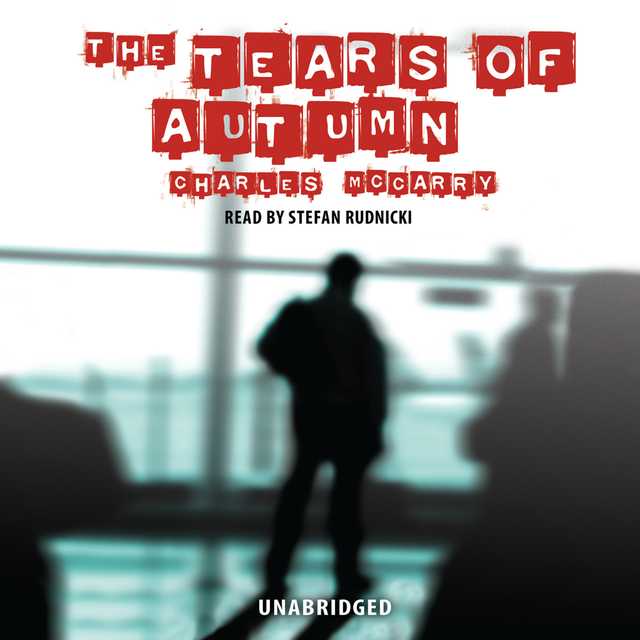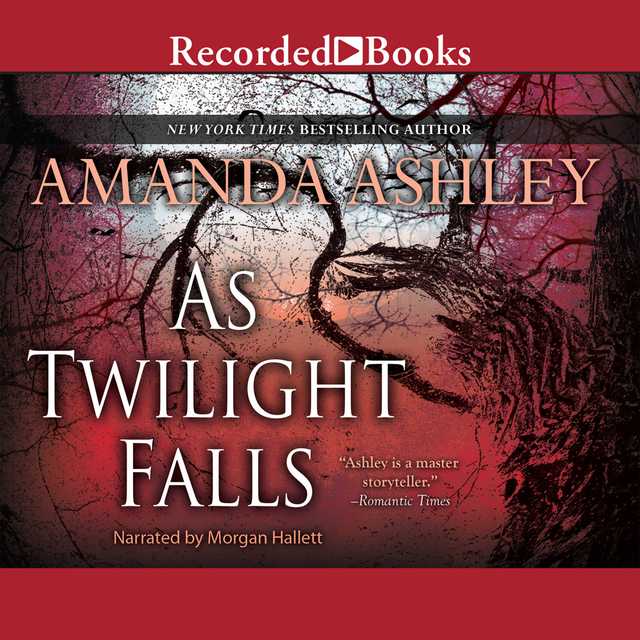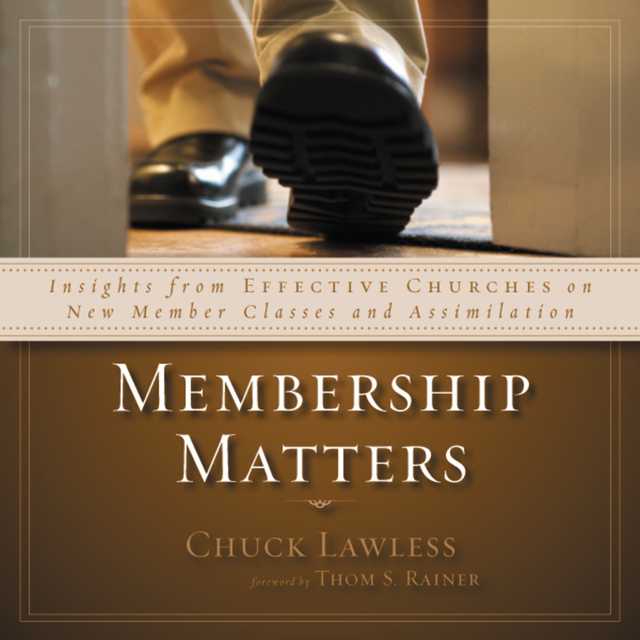Like a Mother Audiobook Summary
What to read after What to Expect . . . . A badass, feminist, and personal deep-dive into the science and culture of pregnancy and early motherhood that debunks myths and dated assumptions, offering guidance and camaraderie to women navigating one of the biggest and most profound changes in their lives.
Like most first-time mothers, Angela Garbes was filled with questions when she became pregnant. What exactly is a placenta? How does a body go into labor? Why is breast best? What are the signs and effects of post-partum depression?
But as she discovered, it’s not easy to find satisfying answers. Your OB will cautiously quote statistics; online sources will scare you with conflicting and often inaccurate information; and even the most trusted books will offer information with a heavy dose of judgment. To educate herself, the food and culture writer embarked on an intensive journey of exploration, diving into the scientific mysteries and cultural myths that surround motherhood to find answers to her questions that had only previously been given through a lens of what women ought to do–instead of allowing them the freedom to choose the right path themselves.
In Like a Mother, Angela offers a rigorously researched and compelling look at the physiology, biology, chemistry, and psychology of pregnancy and motherhood, informed by research, reportage, and her own experience. With a journalist’s curiosity and discipline, a mother’s urgency, and a food writer’s insatiability, she explores the science behind the pressing questions women have about a number of subjects, including postpartum hormones, breast milk, and miscarriage.
Infused with candor and humor, born out of awe, appreciation, and understanding of the human body and its workings, Like a Mother is a full-frontal look at what’s really happening underneath your skin (and to it), and why women need to know.
Other Top Audiobooks
Like a Mother Audiobook Narrator
Roxana Ortega is the narrator of Like a Mother audiobook that was written by Angela Garbes
Angela Garbes is the author of Like a Mother, an NPR Best Book of the Year and finalist for the Washington State Book Award in Nonfiction. Her work has appeared in The New York Times, The Cut, New York, Bon Appetit, and featured on NPR’s Fresh Air. She lives with her family in Seattle.
About the Author(s) of Like a Mother
Angela Garbes is the author of Like a Mother
More From the Same
- Author : Angela Garbes
- Essential Labor
- Publisher : HarperAudio
- Abraham
- American Gods [TV Tie-In]
- Dead Ringer
- House of Sand and Fog
- Prey
Like a Mother Full Details
| Narrator | Roxana Ortega |
| Length | 7 hours 0 minutes |
| Author | Angela Garbes |
| Category | |
| Publisher | HarperAudio |
| Release date | June 26, 2018 |
| ISBN | 9780062879592 |
Subjects
The publisher of the Like a Mother is HarperAudio. includes the following subjects: The BISAC Subject Code is Family & Relationships, Motherhood, Parenting
Additional info
The publisher of the Like a Mother is HarperAudio. The imprint is HarperAudio. It is supplied by HarperAudio. The ISBN-13 is 9780062879592.
Global Availability
This book is only available in the United States.
Goodreads Reviews
Jaime
April 09, 2018
This. Is. Excellent. I say that as a mother, as a maternal-child health MPH, and as a woman. This tells it like it is, with the science and research and sociology to back it up. I laughed, i underlined, I wrote in the margins. I only wish I’d had this when I was pregnant. She writes about that dreaded postpartum poop with a candor that I loved. This should be mandatory reading for pregnant people. And anyone who loves them and cares for them.
Jaci
April 21, 2018
Motherhood- it's an unfolding. Of course, I don't know this firsthand- I cannot relate, but Garbes’ use of the literal unfolding of paper as a metaphor for the transformation of motherhood, gradual and all at once, makes me almost believe I can empathize: “At first, I see the unfurling of tissue and viscera, the way our placenta, unraveled, would occupy miles of space. Then, the image gives way to a paper fortune teller, the intricately folded piece of paper that my friends played with in the cafeterias and study halls of middle school. You fold down corner after corner again, creating blank chambers on which to write future possibilities. You place your fingers inside and move them inward and outward, opening and closing and opening and closing, as the paper predicts what might become of you. After, you might unfold it and lay it flat on the table, but it isn’t the same piece of paper. It holds something else now, imbued with hope anxiousness, and curiosity for the future.” (230) As much as I wish I could use a paper fortune teller to help me decide if motherhood is an undertaking I want to experience, I can’t. I’ve instead become research-obsessed. About a year ago, I read an incredibly interesting article about breast milk production of oligosaccharides solely for a baby's gut microbes and I was fascinated. Which other natural phenomena of motherhood are more complex than I ever imagined? It turns out, all of them seem to be. Since then, I have been reading up on the idiosyncratic properties of mother's milk- which, damn my social media algorithms, has also gotten me caught in webs of articles pertaining to motherhood and birth. Research is knowledge, and knowledge is power, and power is control. I am a control freak. I think I'm tricking myself into believing that research will tip the scale and make the decision more evident. The research component is necessary for any decision I make: big or small. I feel isolated in that the most massive internal conflict of my life, (with the most consequences either way, be it good or bad) seems to be an inherent or instinctual desire for most people. I believe I am good with babies and children- I am gentle, creative, loving- all things that would make a quote "good mother." But I am incredibly anxious and, frankly, I just really enjoy my life as is and I hesitate to jeopardize making it something I don't. Is that selfish? Sure, but don’t for one second think that having a child doesn't have its own roots in selfishness. Either way, it isn’t a decision I want to take lightly— and it is a decision I wish more people did not take lightly. Up until recently, I was completely oblivious to how difficult and depressing the transformation into parenthood is: society used to consider it taboo to speak about it in anything other than a positive light, but now more mothers are being open about just how hard it is. As Garbes says, “We lack stories- diverse stories- about pregnancy and motherhood.”I'm already dissatisfied with the care a woman receives after birthing a child and I haven't even come close to experiencing firsthand. My sister's prenatal and postpartum care opened my eyes to the ways our cultural norms relentlessly fail expectant mothers. Doctors, not to mention random members of society, meticulously monitor your body and choices when pregnant, but postpartum care is essentially non-existent! You're on your own. Hormonal changes aside, this lack of support leaves no room for question as to why so many women suffer from postpartum depression. Living away from home and being conscientious of my own hormonal issues, I worry I won't have the support I always envisioned I’d have. The old adage “It takes a village to raise a child” is so true, and we no longer have villages: we live in a culture that is obsessed with autonomy and the nuclear family unit. Now, as Garbes explains, many expectant mothers hire a doula, especially if they live away from extended family. While I think doulas are wonderful, I find it sad that our culture must hire and pay for support, care, and wisdom that we as women should naturally provide one another, especially since those women using doulas are white upper-class— what do other women without family closeby do? Many are an island. They endure the hardship of motherhood alone. This book brought what most books on the topic lack: anatomy and science. I'm sure we all know how babies are made and enter the world, but Garbes puts full body female health into perspective all while not dismissing or undermining anecdotal experience. The most fascinating part of this book is at the end when Garbes discusses the exchange between fetal and maternal cells. Garbes highlights the recently-discovered ubiquity of microchimeric cells in the female body and their role in maternal injury recovery— like in C-section scars, so when someone says they are changed after motherhood, it is true down to the cellular level. If you want an all-encompassing meditation on motherhood from placenta encapsulation, to the fluctuating feelings of self-worth, to the tit-spraying, milk-soaked, post-baby, laugh-out-loud, sex scenes, this book is for you. In fact, think everyone could benefit from reading this, not just expectant mothers, mothers who need to feel less alone, or the baby-curious researchers like me. *This is an ARC- To be published May 2018.*
Jessica
December 26, 2018
At 31 weeks pregnant, this is the first and probably only book about pregnancy that I will have read before my baby arrives. Being pregnant means being constantly overwhelmed and inundated by information. I have been picky about where I seek it—especially if I’m going to be committing myself to a 200+ page book.I knew when I saw the title of this book that it was the one for me. I needed something that would be unapologetically feminist; empowering without being sanctimonious; and candid about the realities of pregnancy, birth and motherhood without without making me more anxious than I already am about the toll that they take on the mind and body.This is very much a hybrid of a personal memoir and an informational book—and that makes it, mercifully, highly engaging. I gained value from reading about this like-minded woman’s thoughts, emotions and experiences, because there is of course a certain universality to all of it.The common themes throughout are ones that I’ve spent a great deal of time thinking about myself: the endless barrage of information, and how “sifting through these contradictory messages amplifies the already tremendous sense of responsibility you have as an expectant mother” and the distinct indifference within the medical community when it comes to dealing with women’s health, to name a few.In addition to addressing these cultural topics, Garbes also provides fascinating explanations of, for example, the placenta, which I didn’t even know was an organ.I’m coming away from reading this book with a better understanding of my own body, reassurance that my own thoughts and feelings are normal, and a sense of confidence that I’ll be better equipped to advocate for myself as I navigate post-partum life and new motherhood.
Maggie
October 13, 2020
I loved this book! I was getting a little fatigued when it came to pregnancy books, but this book actually make me excited and proud to be having a baby. Some of the information in this book is so fascinating that I feel like my body is doing magical things and will continue to do more of them. I highly recommend this book to anyone who is overwhelmed and frightened by pregnancy and motherhood. This book is honest and real, but it shows you how amazing you are for doing this too.
Caroline
September 05, 2020
I'm very glad I read this when I did. As a non-pregnant woman starting to think about the possibility of having a family, Garbes gifted me with a coat of armour to protect me to society's contradictory expectations of pregnant women. She provided me with a voice of empowerment, autonomy, and comfort to sooth those likely feelings of guilt and anxiety. I dog-earred and underlined the heck out of this book, knowing I may need to hear Garbes wisdom once again.In a way felt like I was reading the next chapter of Invisible Women. Many of the myths and expectations surrounding pregnancy are a result of a data gap - a lack of study - of pregnancy. The chapters on substance use, placentas, pregnancy loss, and the pelvic floor were especially compelling in this regard."Instead, the void is filled with opinions and information from sources that are not always accurate and often rooted in particular value systems. They frequently leave women feeling confused, alone, afraid, or, worse, ashamed.When we don't know and appreciate our bodies—when we feel disconnected from their inherent cycles and rhythms our power, rights, and choices are more easily taken away from us."I also really enjoyed Garbes style - the mix of analysis and personal perspective made it feel like a memoir + and easy to read.There are parts that are geared to Americans (e.g. healthcare) and I appreciated Garbes focus on the staggeringly different maternal outcomes for black women in the US and a history lesson on how criminalization of widwifery impacted black and Indigenous women in particular. Generally speaking, I appreciated Garbes intersectional approach.So obviously I loved this book, BUT there were a couple of parts that bugged me. There were occasional leanings of motherhood/pregnancy/breastfeeding being the female body's true purpose that I didn't feel was very feminist. I started to excuse this as "Garbes is writing to an audience who want to be mothers," but Lindy West reviewed this book saying it was doubly important for non-mothers to read this, and if we want society as a whole to stop putting ridiculous constraints on pregnant bodies, then we also have to make books like this welcoming to people who don't want children. We can start by not saying things like "breasts can only fulfill their true calling through pregnancy."
CaseyTheCanadianLesbrarian
October 21, 2021
Overall a fascinating and affirming read. Topics include the placenta, restrictive drug/alcohol guidelines during pregnancy, breastfeeding, labour and birth support, the pelvic floor, birth plans, and the exchange of fetal and maternal cells. Garbes's own experiences are woven throughout. You could tell she was a food writer when she was describing visceral things like the placenta and what a strange amazing organ it is. The overarching argument is that instead of prescriptive, judgemental advice based obliquely on evidence, the entirety of information should be made available so women (using that deliberately here) can make their own decisions. To that I say YES. Speaking of the term women, there is a weirdly inconsistent mix of inclusive language like pregnant people and exclusive terms like mother's milk and female body parts. It feels a bit like wanting to have your cake and eat it too, like wanting to look trans inclusive when it's immediately relevant but not really taking that insight to heart for the rest of the book. I would have rathered she just explicitly state the book is about and for cis women, especially given that so much of it is about her experience and only briefly mentions any research that was not conducted on cis women.
Louise
December 15, 2018
I finally read this book after hearing it referenced so many times on the Mom Rage podcast. It was great and now my go-to present for new parents. It had all the nitty gritty details about birth and aftercare that no one talks about as well as raw, emotional anecdotes from other mothers. I especially love that it’s not prescriptive and really just serves to educate women about their bodies.
Katya
May 30, 2018
There is some great stuff in this title, and I enjoyed reading it. Garbes is a thoughtful and illustrative writer--she really digs into imagery and detail. I wish, though, that this book had been more heavily edited. There is no clear throughline, and subjects thus receive a random-seeming amount of attention, which varies quite a bit from topic to topic. While of course Garbes makes no claim to having written a comprehensive book, I feel she could have tried a little more to include more topics or to add more focus to her narrative. Also, despite her best efforts to be inclusive, I wouldn't recommend this book to single mothers or to those who have been unable to breastfeed--while they would enjoy many aspects of it, the focus on human milk and on the amazingness of Garbes' partner might be hard to take. Critiques aside, when this book is good it's great, and I'll remember many anecdotes and factual tidbits from it for quite a while.
Kristin-Leigh
August 25, 2018
I've never given birth, and never intend to, but this was an incredibly interesting book about how much we know (and don't know) scientifically about the mechanisms of pregnancy and motherhood. As a non-mother I would compare its appeal to a Mary Roach book - individual chapters dig into the study (and lack of study) of the placenta, breast milk, pelvic floors, miscarriages, etc. It's all fascinating and gross and amazing.
Sarah
June 09, 2018
I wish this had been longer, because I feel like it touched on so much and could have been thousands of pages. But it’s great and worth reading.
Kayla
June 06, 2022
I really loved this book and found it to be refreshingly different than other pregnancy books I have read (such as a whole chapter about the placenta). It doesn’t glamorize pregnancy, but is rather realistic about it (the awe of it, the really hard stuff no one warns you about, the reality that things probably won’t go as planned). I’d definitely recommend this to those who are pregnant, looking to become pregnant, just curious, or want to be a supportive partner to someone embarking on the journey.
Erica
February 04, 2019
This was an amazing read! Everyone who has ever lived a life should read this book to take a closer look at pregnancy, pre and post natal care in America, and generally, to just understand more about giving birth. It’s something so shrouded in secrecy, and Garbes does an excellent job of detailing it through research and personal anecdotes, which is how one should read nonfiction! This book was challenging in all the right ways, and also extremely important in terms of looking at how America mistreats women throughout their pregnancy and into motherhood. HARD RECOMMEND, read if you’re pregnant, not pregnant, trying to give birth, not trying to give birth-read it! Not just for moms (proof-me, I’m not a mom and I loved this book).
Jackie
December 14, 2020
I think everyone should read this book. I started listing identities, i.e., you should read this if you are a mother, thinking about becoming a mother, know someone who is a mother and are interested in this experience, and then decided it should be everyone because we all freaking know mothers and should care about them. This author weaves her own experiences with scientific findings on the process of pregnancy through post-birth effects, making even the scientific parts interesting, creating a narrative about the researchers and their personal motivations for doing the work they do. An overarching theme of the book is that there is a huge gap in knowledge and not enough money, energy, or time put toward women's health, and it affects us all. Parts of the book are a bit graphic and detailed - I think partially because we don't talk about birth so much - but I think we all need to squirm past that discomfort. I can't recommend this enough.
Kara
February 01, 2019
I had low expectations for this book. I figured I’d like it, but I never expected to find myself totally engrossed in the book and sobbing multiple times throughout. After all, I’ve already been through pregnancy twice, so what could I possibly get from this book? Ha! Boy, was I mistaken! I wish I would have read this before my first pregnancy, but another part of me knows that some parts of the book would have been lost on me without having been through pregnancy at least once before reading this book. Therefore, I recommending reading this at any/all stages of motherhood! “Pregnancy brings about the birth of not one but two new beings. Mother is not fixed identity; we are dynamic and grow along with our young.”
Caitlinleah
December 18, 2018
My new favorite pregnancy book. I will be buying it for every pregnant person I know. So much that is true about my experience here. It’s like a collection of all my favorites. The chapter on pregnancy quotes from Emily oster’s Expecting Better. The chapter on labor interviews Peggy Simkin of my beloved The Birth Partner. The chapter on breastfeeding had all my favorite research from Unlatched. This is a book about all stages of this process and it’s where I stand on all of them.
Most Popular Audiobooks
Frequently asked questions
Listening to audiobooks not only easy, it is also very convenient. You can listen to audiobooks on almost every device. From your laptop to your smart phone or even a smart speaker like Apple HomePod or even Alexa. Here’s how you can get started listening to audiobooks.
- 1. Download your favorite audiobook app such as Speechify.
- 2. Sign up for an account.
- 3. Browse the library for the best audiobooks and select the first one for free
- 4. Download the audiobook file to your device
- 5. Open the Speechify audiobook app and select the audiobook you want to listen to.
- 6. Adjust the playback speed and other settings to your preference.
- 7. Press play and enjoy!
While you can listen to the bestsellers on almost any device, and preferences may vary, generally smart phones are offer the most convenience factor. You could be working out, grocery shopping, or even watching your dog in the dog park on a Saturday morning.
However, most audiobook apps work across multiple devices so you can pick up that riveting new Stephen King book you started at the dog park, back on your laptop when you get back home.
Speechify is one of the best apps for audiobooks. The pricing structure is the most competitive in the market and the app is easy to use. It features the best sellers and award winning authors. Listen to your favorite books or discover new ones and listen to real voice actors read to you. Getting started is easy, the first book is free.
Research showcasing the brain health benefits of reading on a regular basis is wide-ranging and undeniable. However, research comparing the benefits of reading vs listening is much more sparse. According to professor of psychology and author Dr. Kristen Willeumier, though, there is good reason to believe that the reading experience provided by audiobooks offers many of the same brain benefits as reading a physical book.
Audiobooks are recordings of books that are read aloud by a professional voice actor. The recordings are typically available for purchase and download in digital formats such as MP3, WMA, or AAC. They can also be streamed from online services like Speechify, Audible, AppleBooks, or Spotify.
You simply download the app onto your smart phone, create your account, and in Speechify, you can choose your first book, from our vast library of best-sellers and classics, to read for free.
Audiobooks, like real books can add up over time. Here’s where you can listen to audiobooks for free. Speechify let’s you read your first best seller for free. Apart from that, we have a vast selection of free audiobooks that you can enjoy. Get the same rich experience no matter if the book was free or not.
It depends. Yes, there are free audiobooks and paid audiobooks. Speechify offers a blend of both!
It varies. The easiest way depends on a few things. The app and service you use, which device, and platform. Speechify is the easiest way to listen to audiobooks. Downloading the app is quick. It is not a large app and does not eat up space on your iPhone or Android device.
Listening to audiobooks on your smart phone, with Speechify, is the easiest way to listen to audiobooks.

